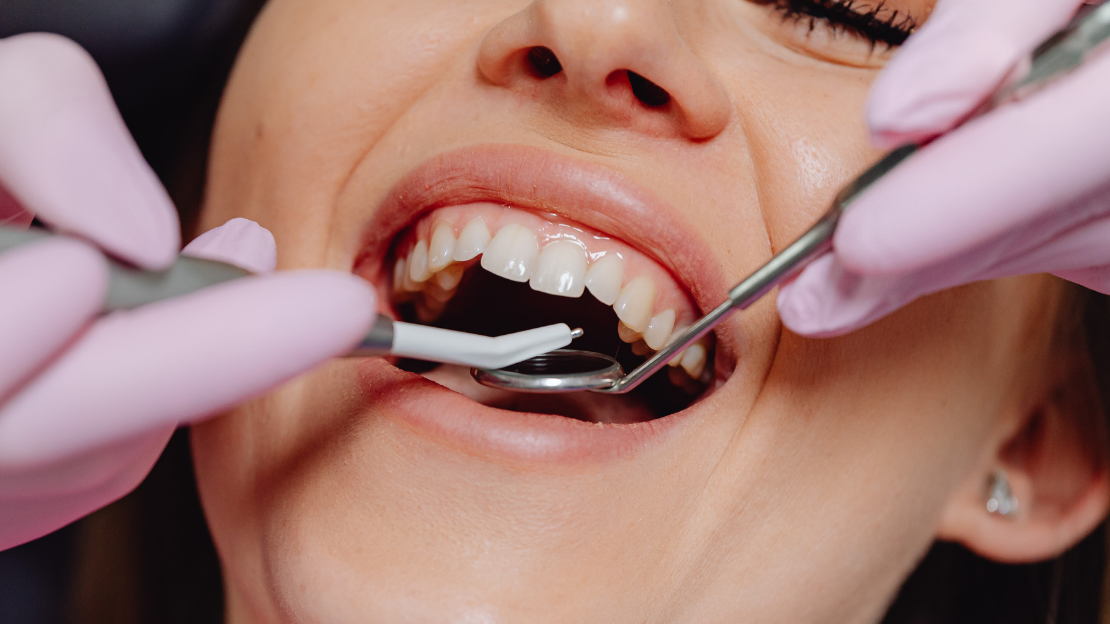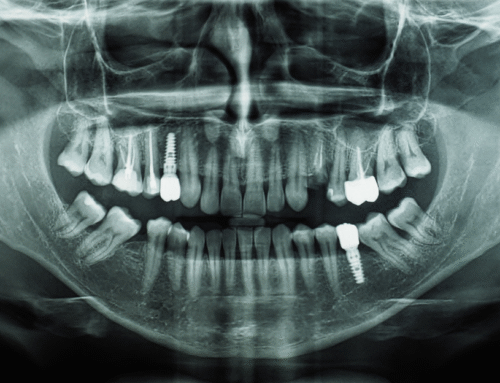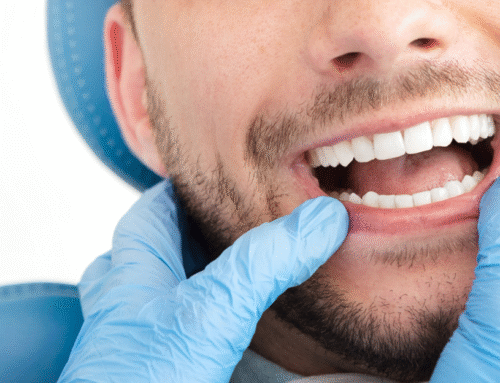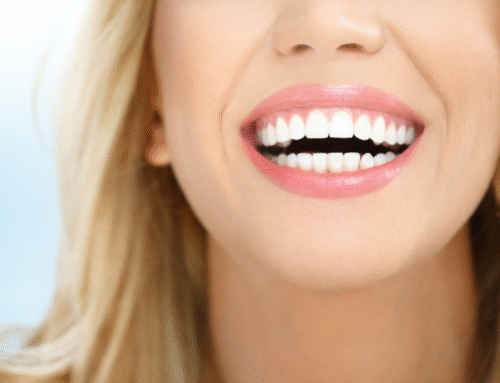Getting a dental filling is a common procedure to restore a tooth damaged by decay or injury. Whether it’s your first filling or one of many, proper aftercare is essential to ensure the filling lasts and your oral health remains optimal. This blog provides detailed, practical advice on how to care for your teeth after a filling, helping you maintain a healthy smile while avoiding complications. From managing sensitivity to adopting long-term oral hygiene habits, we’ve got you covered with expert tips to maximize your dental health.
Understanding Dental Fillings and Why Aftercare Matters
A dental filling restores a tooth’s structure and function after decay or damage. Common materials include composite resin, amalgam, gold, or porcelain, each chosen based on the tooth’s location and your dentist’s recommendation. While the procedure is straightforward, the dental filling recovery period requires attention to ensure the filling sets properly and your tooth remains healthy.
Improper dental filling aftercare can lead to complications like filling failure, increased tooth sensitivity after filling, or even infection. By following the right steps, you can prevent filling complications, extend the life of your filling, and maintain excellent oral hygiene after filling. Let’s dive into the essential steps for caring for your teeth post-filling.
Immediate Aftercare: The First 24-48 Hours
The first couple of days after a filling are critical for dental filling recovery. Here’s how to care for your teeth during this period:
- Follow Your Dentist’s Instructions
Your dentist will provide specific guidelines based on the type of filling. For instance, amalgam fillings may require avoiding chewing on the treated tooth for 24 hours, while composite fillings set quickly under a curing light. Adhering to these instructions minimizes the risk of damaging the filling and supports proper healing.
- Manage Tooth Sensitivity After Filling
Tooth sensitivity after filling is common, especially to hot, cold, or sweet foods. This sensitivity usually subsides within a few days but can persist for up to two weeks. To manage it:
- Avoid extremely hot or cold foods and beverages.
- Use a toothpaste designed for sensitive teeth, such as one containing potassium nitrate.
- Rinse with lukewarm water instead of cold or hot water.
If sensitivity persists beyond two weeks or worsens, contact your dentist, as it could indicate an issue with the filling or underlying tooth.
- Be Mindful of Chewing
Avoid chewing on the side of your mouth with the new filling for at least 24 hours, especially with amalgam fillings. Stick to soft foods like yogurt, mashed potatoes, or smoothies to reduce pressure on the tooth. Avoid sticky or hard foods, such as caramel or nuts, which could dislodge the filling or cause discomfort.
- Monitor for Pain or Discomfort
Mild discomfort is normal, but severe pain, swelling, or a bad taste in your mouth could signal complications like an infection or a poorly fitted filling. Contact your dentist immediately if you experience these symptoms to prevent filling complications.
Long-Term Care: Maintaining Your Filling and Oral Health
Once the initial recovery period passes, focus on long-term habits to ensure the longevity of your filling and overall oral hygiene after filling. Here’s how to care for your teeth after a filling over the long haul:
- Practice Excellent Oral Hygiene
Consistent oral hygiene after filling is key to preventing decay around the filling and maintaining your dental health. Follow these steps:
- Brush Twice Daily: Use a soft-bristled toothbrush and fluoride toothpaste to gently clean your teeth. Avoid aggressive brushing, which can wear down the filling or irritate the gums.
- Floss Daily: Flossing removes plaque and food particles from between teeth, reducing the risk of decay near the filling. Use dental floss or interdental brushes, and be gentle around the filled tooth.
- Rinse with Mouthwash: An antiseptic mouthwash can help kill bacteria and keep your mouth fresh. Look for an alcohol-free option to avoid irritation.
- Avoid Habits That Damage Fillings
Certain habits can compromise your filling’s integrity. To prevent filling complications, avoid:
- Chewing on hard objects like ice, pens, or fingernails.
- Grinding your teeth can wear down or crack fillings. If you grind your teeth at night, ask your dentist about a nightguard.
- Consuming excessive sugary or acidic foods can weaken the tooth and the filling material.
- Schedule Regular Dental Checkups
Regular dental visits allow your dentist to monitor the condition of your filling and catch any issues early. Most fillings last 5-15 years, depending on the material and your oral care habits, but wear and tear can occur. Biannual cleanings and exams ensure your filling remains intact and your oral health is on track.
- Address Tooth Sensitivity After Filling
If tooth sensitivity after filling persists, it may indicate a high filling (one that disrupts your bite) or pulp irritation. Your dentist can adjust the filling or recommend treatments like desensitizing agents to alleviate discomfort.
Diet and Lifestyle Tips for Dental Filling Aftercare
Your diet and lifestyle play a significant role in dental filling aftercare. Here’s how to make smart choices to support your dental filling recovery:
- Choose Tooth-Friendly Foods
Opt for foods that are gentle on your teeth and promote oral health:
- Calcium-Rich Foods: Dairy products, leafy greens, and almonds strengthen teeth.
- Crunchy Fruits and Vegetables: Apples, carrots, and celery stimulate saliva production, which helps clean teeth naturally.
- Water: Staying hydrated keeps your mouth moist and washes away food particles.
Avoid sugary snacks, sodas, and citrus fruits in excess, as they can erode enamel and increase the risk of decay around the filling.
- Limit Staining Foods and Drinks
Tooth-colored composite fillings can stain over time. To maintain their appearance, reduce consumption of coffee, tea, red wine, and dark berries. If you consume these, rinse your mouth with water afterward to minimize staining.
- Quit Smoking
Smoking not only stains fillings but also increases the risk of gum disease and decay, which can compromise your filling. If you smoke, consider seeking support to quit for the sake of your oral and overall health.
Common Mistakes to Avoid in Dental Filling Aftercare
To prevent filling complications, steer clear of these common pitfalls:
- Ignoring Sensitivity: Persistent tooth sensitivity after filling should not be dismissed. It could indicate a problem requiring professional attention.
- Skipping Dental Visits: Neglecting checkups can allow small issues to escalate, potentially leading to filling failure or tooth damage.
- Poor Oral Hygiene: Inconsistent brushing and flossing can cause decay around the filling, shortening its lifespan.
- Chewing Too Soon: Chewing on a new filling before it’s fully set (especially with amalgam) can damage it.
By avoiding these mistakes and prioritizing oral hygiene after filling, you can ensure your filling remains functional and your smile stays healthy.
When to Contact Your Dentist
Most fillings heal without issues, but certain signs warrant a call to your dentist:
- Persistent or worsening tooth sensitivity after filling beyond two weeks.
- Pain when biting or chewing.
- A loose, cracked, or dislodged filling.
- Swelling, redness, or pus around the treated tooth.
- Changes in your bite, such as uneven pressure when chewing.
Prompt attention to these symptoms can prevent filling complications and protect your oral health.
Trust Maple Hill Family Dentistry for Your Dental Care
Caring for your teeth after a filling is straightforward with the right knowledge and habits. By following these tips for dental filling aftercare, managing tooth sensitivity after filling, and maintaining excellent oral hygiene after filling, you can ensure a smooth dental filling recovery and a long-lasting filling. At Maple Hill Family Dentistry, our experienced team is dedicated to helping you achieve optimal oral health. Located in Yorktown Heights, NY, our practice offers personalized care, from routine fillings to comprehensive dental treatments. Our skilled dentists use state-of-the-art technology and a patient-centered approach to ensure your comfort and satisfaction.
Ready to keep your smile in top shape? Schedule an appointment with Maple Hill Family Dentistry today. Let our expert team guide you through every step of your dental journey, ensuring your fillings and overall oral health are in the best hands.
FAQs: How to Care for Your Teeth After a Filling
- How long does tooth sensitivity after filling last?
Tooth sensitivity after filling typically lasts a few days to two weeks. If it persists or worsens, contact your dentist to rule out issues like a high filling or pulp irritation.
- Can I eat normally after a dental filling?
You can resume normal eating after 24-48 hours, depending on the filling type. Avoid hard, sticky, or hot/cold foods initially to support dental filling recovery.
- How do I prevent filling complications?
To prevent filling complications, maintain excellent oral hygiene after filling, avoid chewing on hard objects, and attend regular dental checkups.
- What foods should I avoid after a filling?
Avoid sugary, acidic, or staining foods and drinks, such as soda, citrus fruits, coffee, and red wine, to protect your filling and maintain oral hygiene after filling.
- How often should I see my dentist after a filling?
Visit your dentist every six months for cleanings and exams to monitor your filling and ensure long-term dental filling aftercare success.






